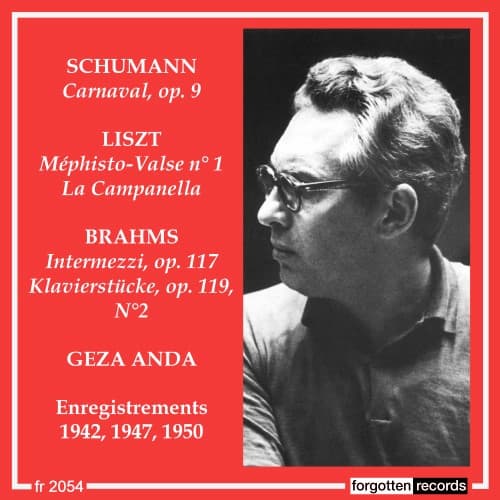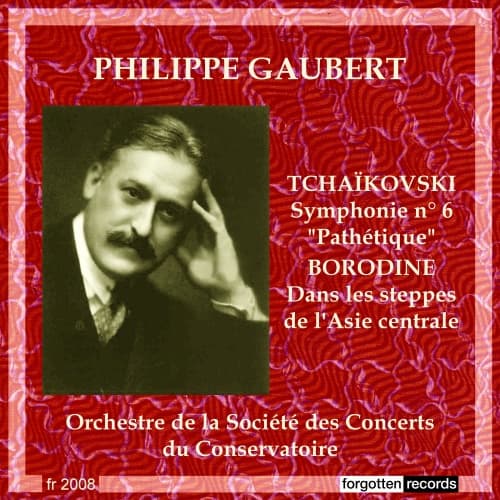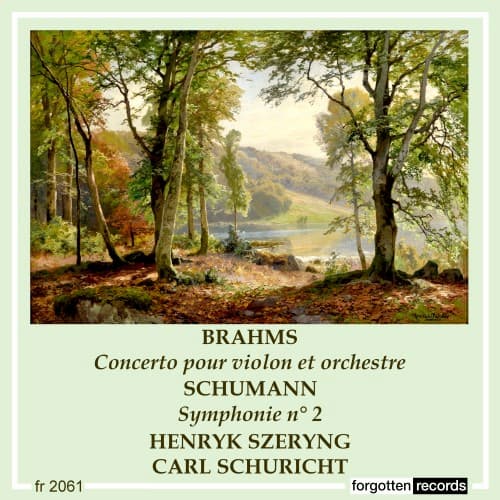Beethoven’s incidental music for Goethe’s play Egmont included not only the overture but also songs and entr’acte music. It is only the overture that we are familiar with today.
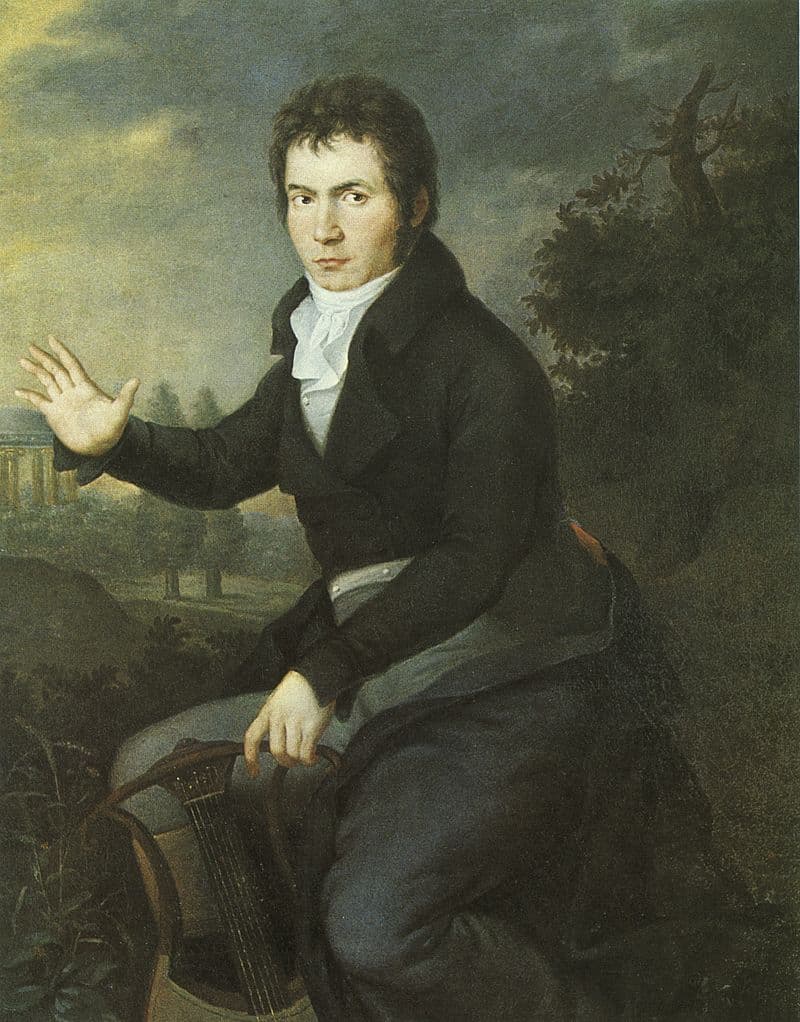
Joseph Willibrord Mähler: Beethoven, 1804–1905 (Gesellschaft der Musikfreunde in Wien)
Beethoven was considering a number of projects, including an opera based on Macbeth and a version of Goethe’s Faust, when the Imperial Court Theatre in Vienna decided to put on Egmont for the 1809–10 season, and Beethoven received the commission for incidental music. This was the first of Beethoven’s many commissions for incidental music that followed, including König Stephan, Op. 117; Die Ruinen von Athen, Op. 113; and The Consecration of the House, Op. 124.
The story is about the ill-fated rebellion of Count Egmont (1522–1568) against the Spanish invaders of The Netherlands in the 16th century. One of the reasons for his capture on the charges of heresy was his resistance to the introduction of the Inquisition into The Netherlands. The story of a previously loyal member of the nobility leading a rebellion had resonance with current political topics, including the French occupation of Vienna.
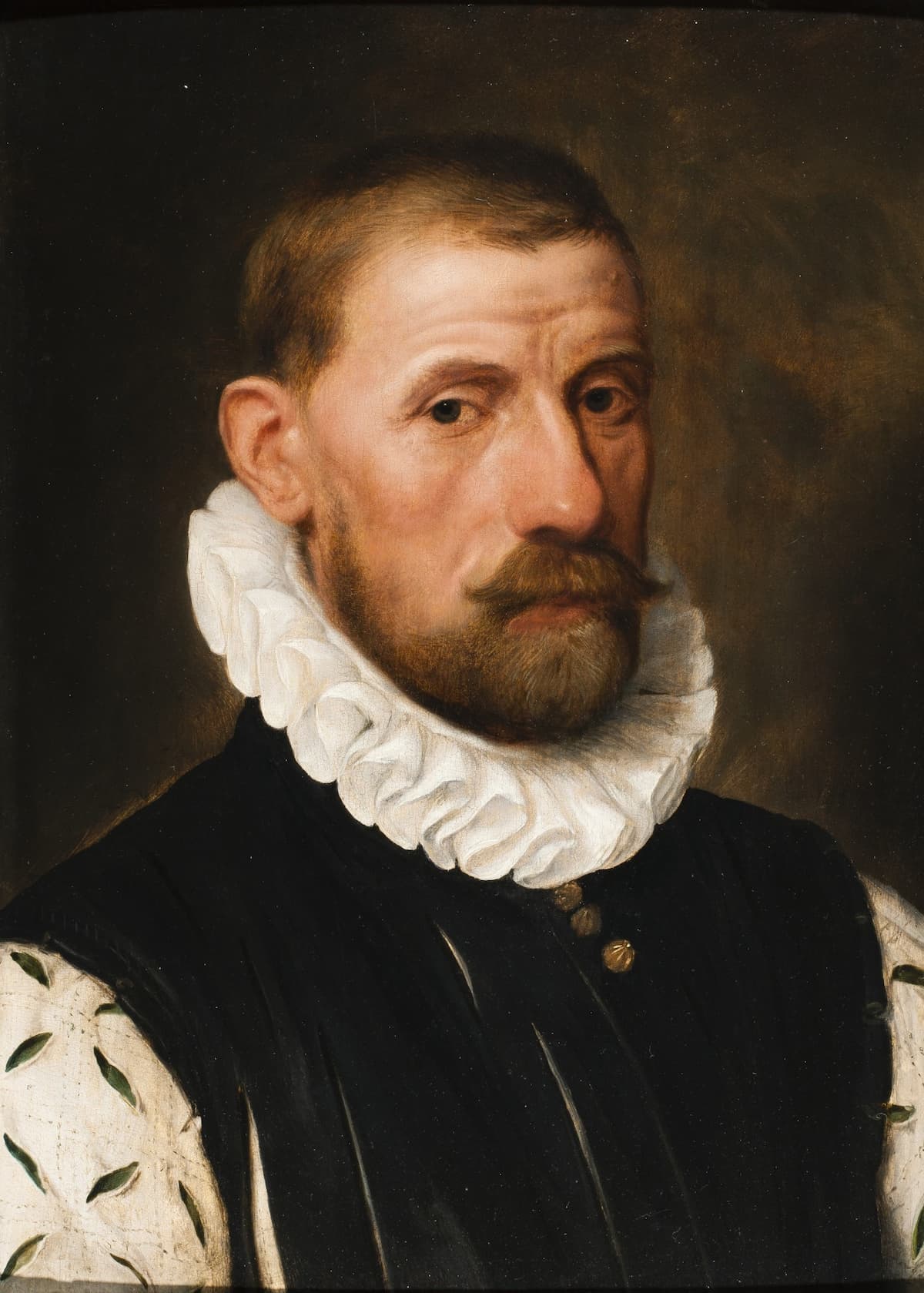
Frans Pourbus the Elder: Lamoral, Count of Egmont, 1579
The Egmont Overture has a program that includes both Egmont’s story and those of people around him. The sarabande rhythm of the opening has been suggested as a reference to the Spanish Duke of Alba (Fernando Álvarez de Toledo, 3rd Duke of Alba), the Governor of the Spanish Netherlands. The rebel cause is illustrated by the first subject in the Allegro, and Egmont’s death comes in the closing section, with the final Allegro con brio suggesting that despite his death, he had a moral victory. In reality, his execution led to the uprising that resulted in The Netherlands’ independence.
Ludwig van Beethoven: Egmont Overture, Op. 84
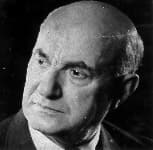
George Georgescu
This was recorded in 1961 with George Georgescu conducting the George Enescu Philharmonic Orchestra. The orchestra was founded in 1868 by the Romanian Philharmonic Society as the Bucharest Philharmonic and took its present name in 1955 in honor of Romanian composer George Enescu’s death.
Conductor George Georgescu (1887–1964) was the long-time conductor of the Bucharest Philharmonic Orchestra. He did his studies at the Berlin Hochschule für Musik, studying the cello, composition, and conducting. He conducted at the Berlin Philharmonic through 1919, but in 1920, he returned to lead the Bucharest Philharmonic. In 1920, he led 22 concerts, and in 1921, he was named artistic director and permanent conductor of the Philharmonic, holding that position until 1944 when he was relieved of that position because of his earlier work with the Axis powers. When Romanian switched to the side of the Allies, he lost his job and was barred for life from conducting in his home country. He returned to Romania and conducting in 1947. With the help of composer George Enescu, he was appointed director of the National Radio Orchestra of Romania. In 1953, he returned to the Bucharest Philharmonic and was the driver for its name change to the George Enescu Philharmonic in 1955.
He built the Orchestra’s international reputation with pre-war conductors including Richard Strauss, Bruno Walter, Felix Weingartner, Oskar Nedbal, and Gabriel Pierné; soloists including Yehudi Menuhin, Pablo Casals, Alfred Cortot, Wilhelm Backhaus, Jacques Thibaud, Arthur Rubinstein, and fellow Romanian Dinu Lipatti. In 1958, he was on the jury for the International Tchaikovsky Competition that awarded first prize to the American Van Cliburn.
He made few recordings (like fellow Romanian Sergiu Celibidache), and many of his concert tapes did not survive. This recording is part of a complete stereo Beethoven cycle he made starting in 1960 with the Romanian label Electrecord.
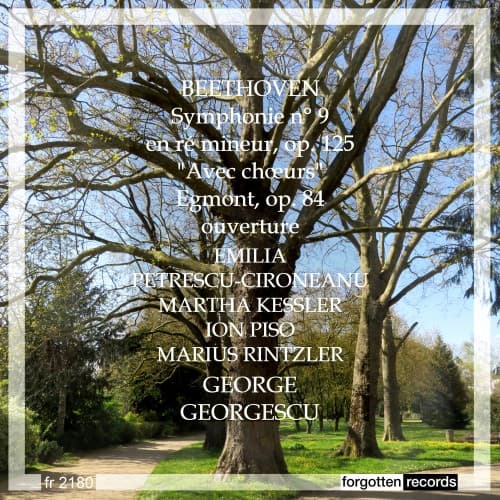
Performed by
George Georgescu
Orchestre Symphonique Philharmonique d’État “George Enescu”
Recorded in 1961
Official Website
For more of the best in classical music, sign up for our E-Newsletter

